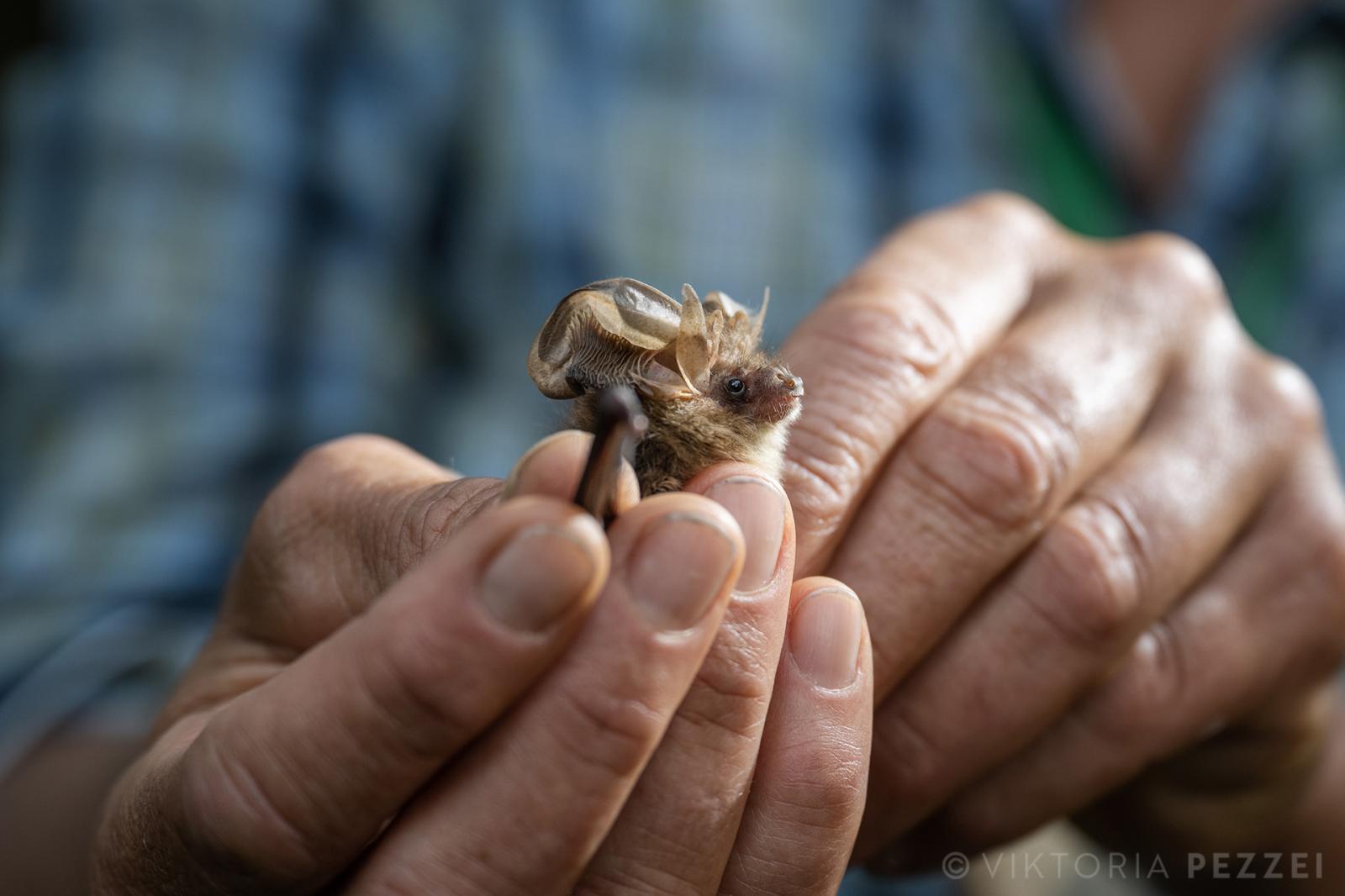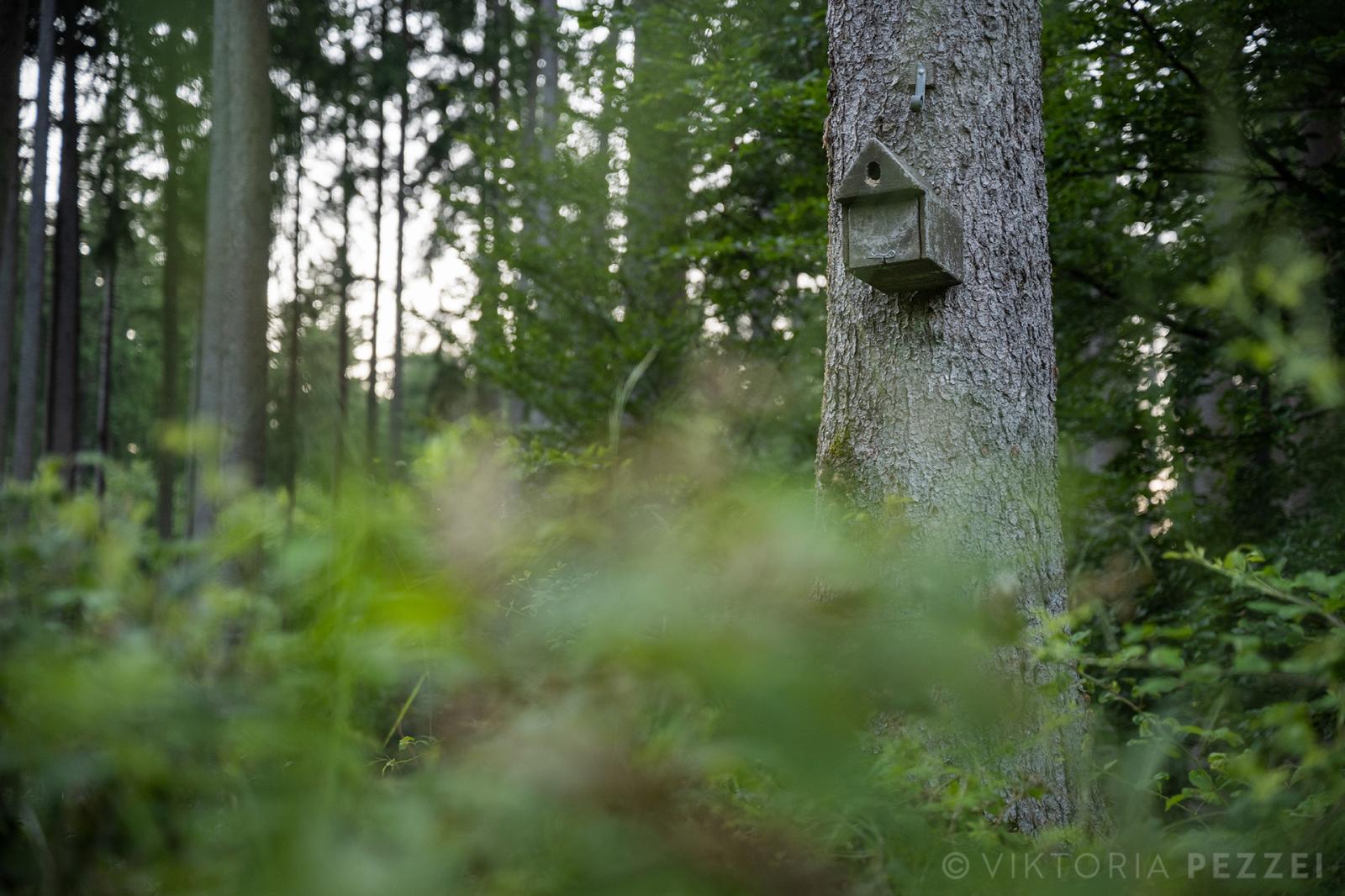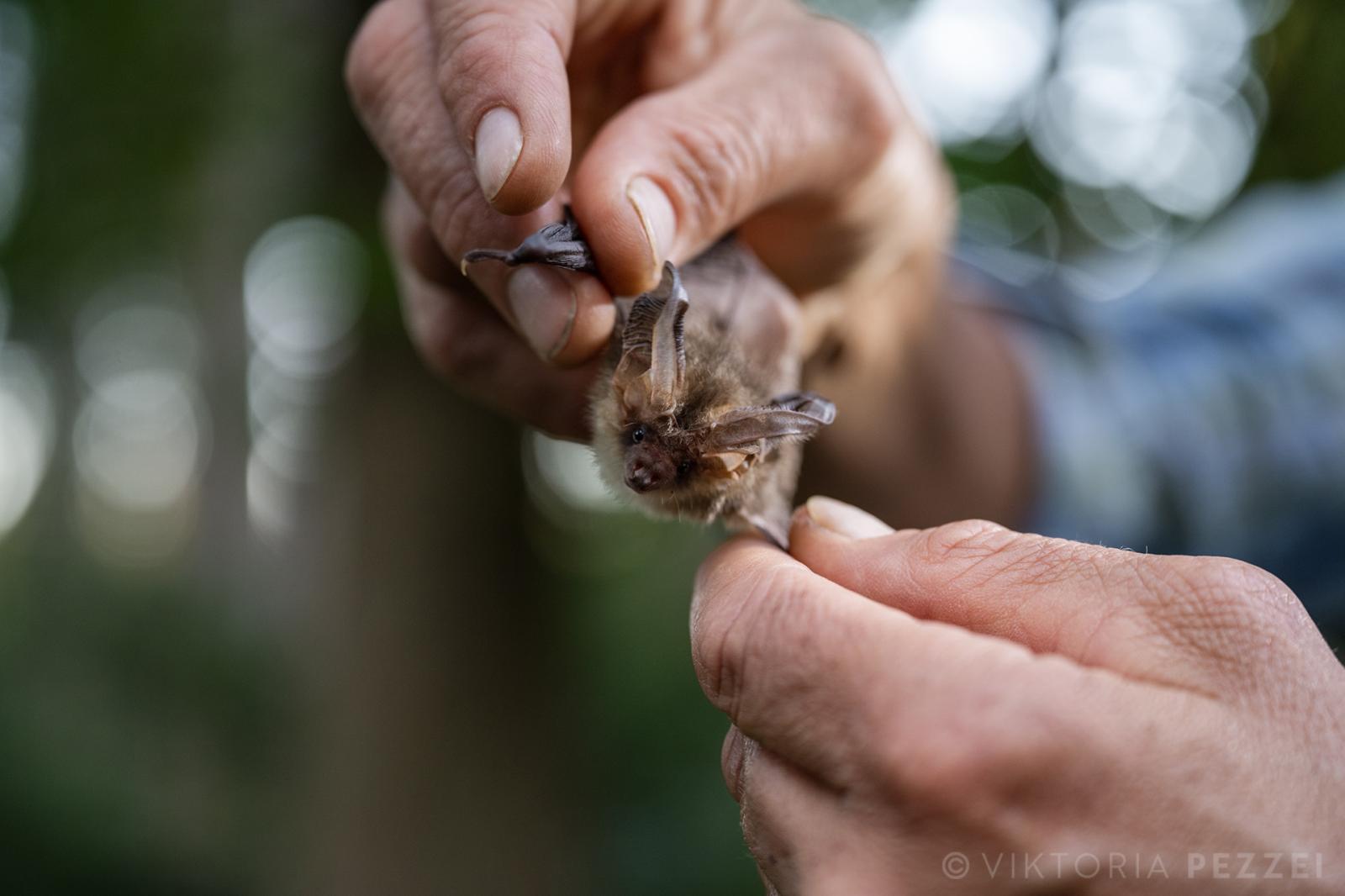Public Story
Behind Closed Doors in the Forest
Summary
The conservation project “1000 Fledermauskästen “(1000 bat boxes) in the Ebersberg Forest, a forest located in Southern Germany, provides permanent roosting sites for local and migrating bats. For 15 years this project is led by Natura 2000, a network to establish environmentally protected areas. Dozens of volunteers gather every summer together to inspect over 1200 installed bat boxes and document any species, which used the boxes as roosting or nesting.
The German network for protected areas Natura 2000 is leading the project “1000 Fledermauskästen “(1000 bat boxes) in the Ebersberg Forest, one of the most ex- tensive woodlands in Germany, which is a conservation project to maintain a habitat for bats to roost. For over 13 years, Natura 2000 established a permanent habitat for local and migrating bats by installing over 1200 bat boxes in a 90km2 forest. This project provides a compensatory measure for the lacking natural roosts. Bat boxes have a unique construction, which resembles natural crevices, a place bats prefer.
Just one small hole is the entrance to the inside of the box. With the dwelling of the bats in it, the amount of their leftovers rises. If the boxes aren’t cleaned regularly, fecal can block the entrance and exit hole, and the animals die inside the box. With the help of volunteers, the bat boxes are kept clean and maintained once every year. As a citizen science project, the helping hands log any found tracks. From time to time, they find other wildlife next to bats, which prefer tree holes as a habitat.




















